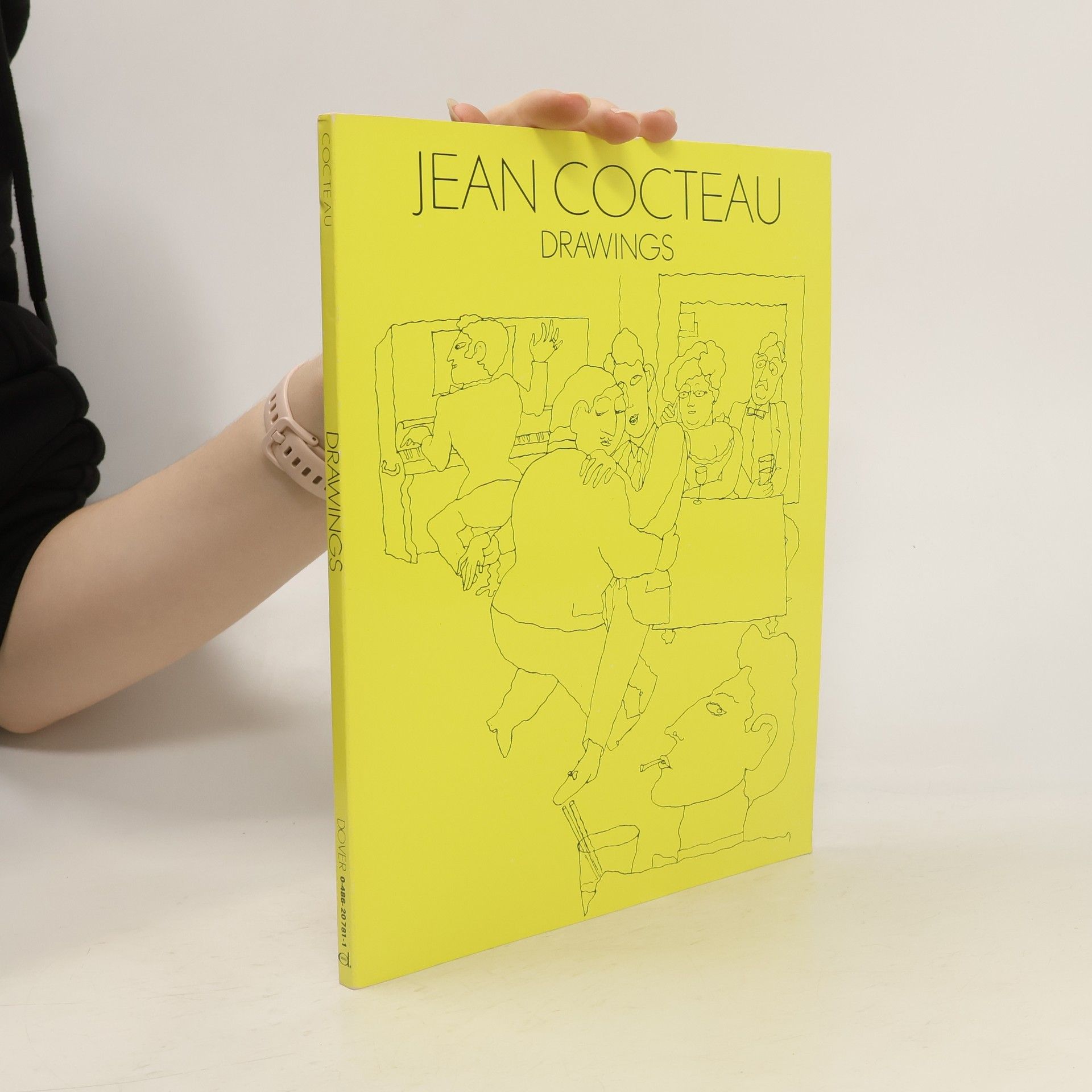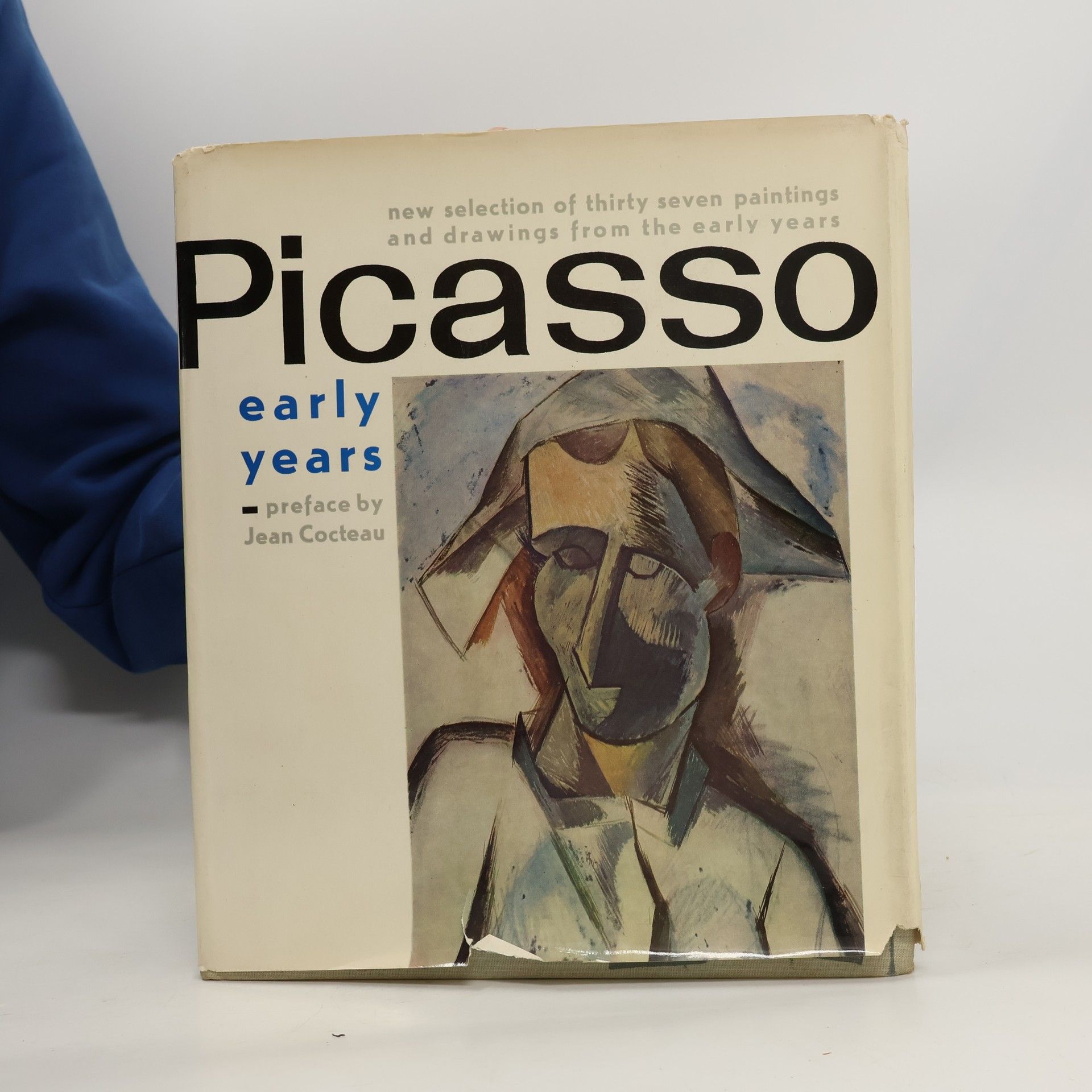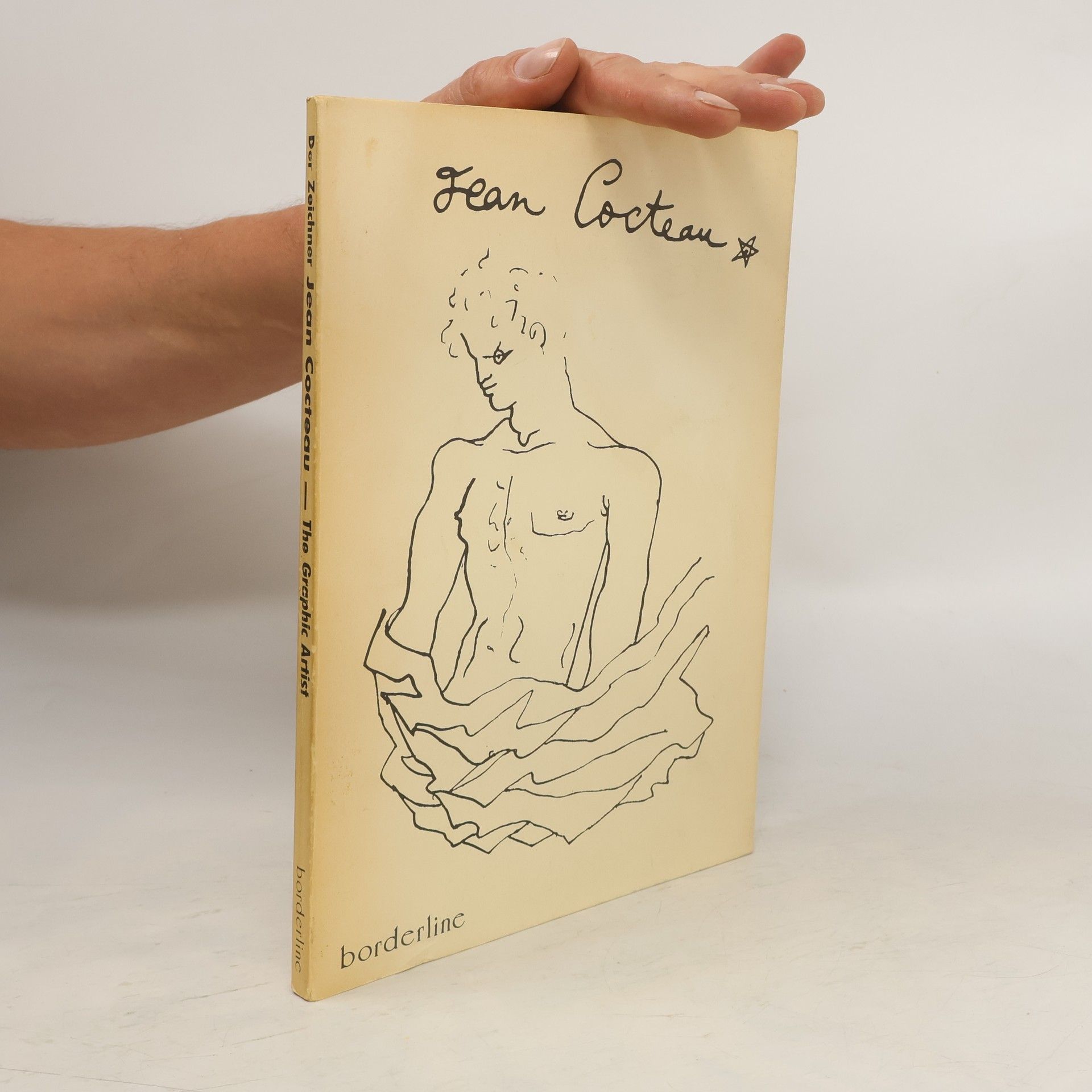“Discomfort is the hallmark of the poet. His world is almost uninhabitable. People sense this. They enter it as little as possible, as quickly as possible, and only out of curiosity.” Widely celebrated for his work in the fields of literature, cinema, and the visual arts, Jean Cocteau was one of the twentieth century’s outstanding creative practitioners. In this collection of brief—often aphoristic—meditations, Jean Cocteau reflects on the fundamental solitariness of the artistic vocation. As well as offering fascinating insights into Cocteau’s own achievements, Secrets of Beauty is a moving testament to the artist’s need and obligation to pursue an independent path, and to the disjunction between art and “the inflexible everyday world”. Juliet Powys’s translation skilfully captures the wit and subtlety of the original French text—a vital contribution to aesthetic theory that deserves to be read as a significant work of literature in its own right.
Jean Cocteau Libros
Jean Cocteau fue un artista francés cuyo trabajo navegó el espacio entre las sensibilidades clásica y vanguardista. Se involucró con el lenguaje del modernismo, explorando códigos verbales y escenografía teatral para forjar una paradójica vanguardia clásica. Su enfoque versátil y poco convencional dejó una marca significativa en el teatro y el cine, lo que le valió el reconocimiento internacional.



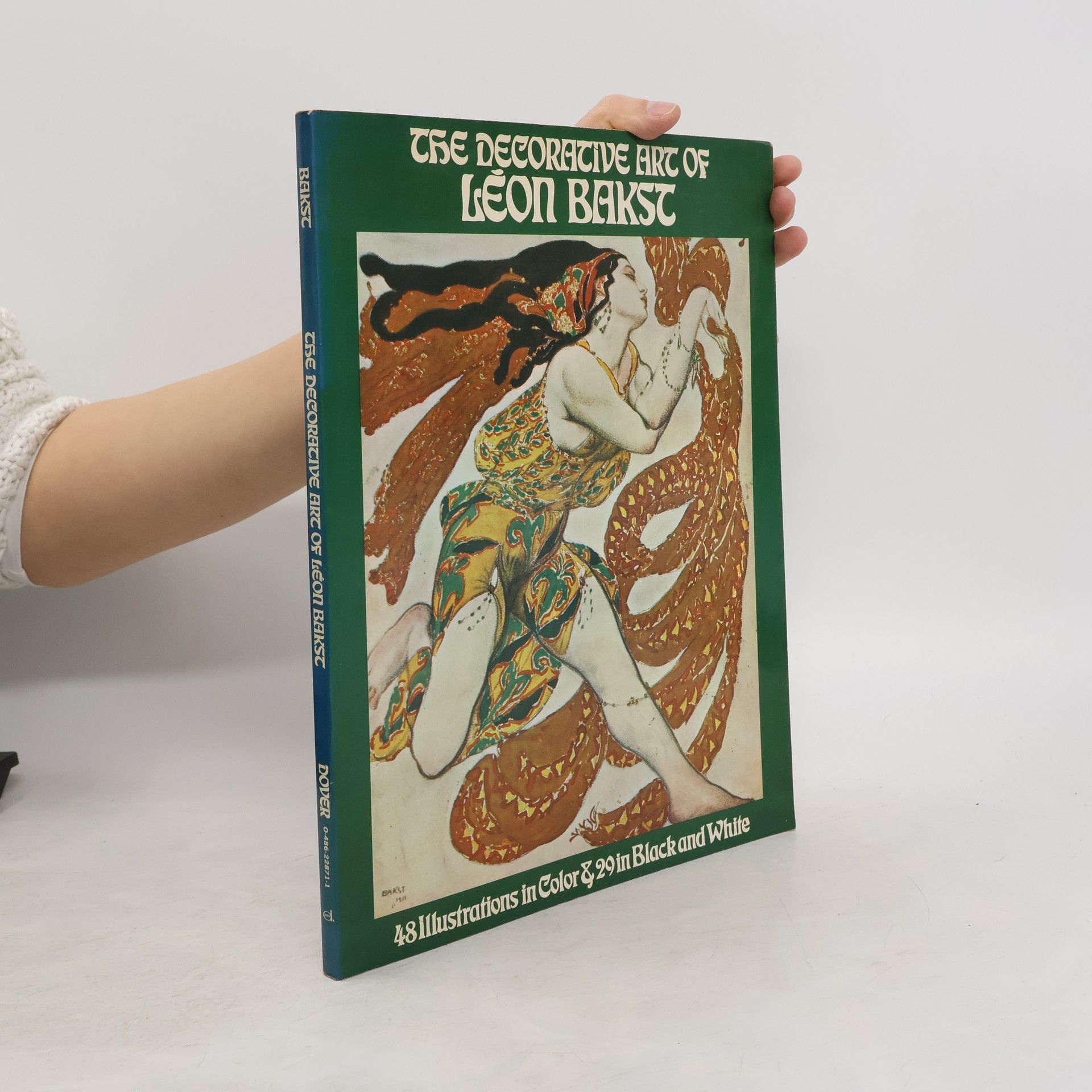
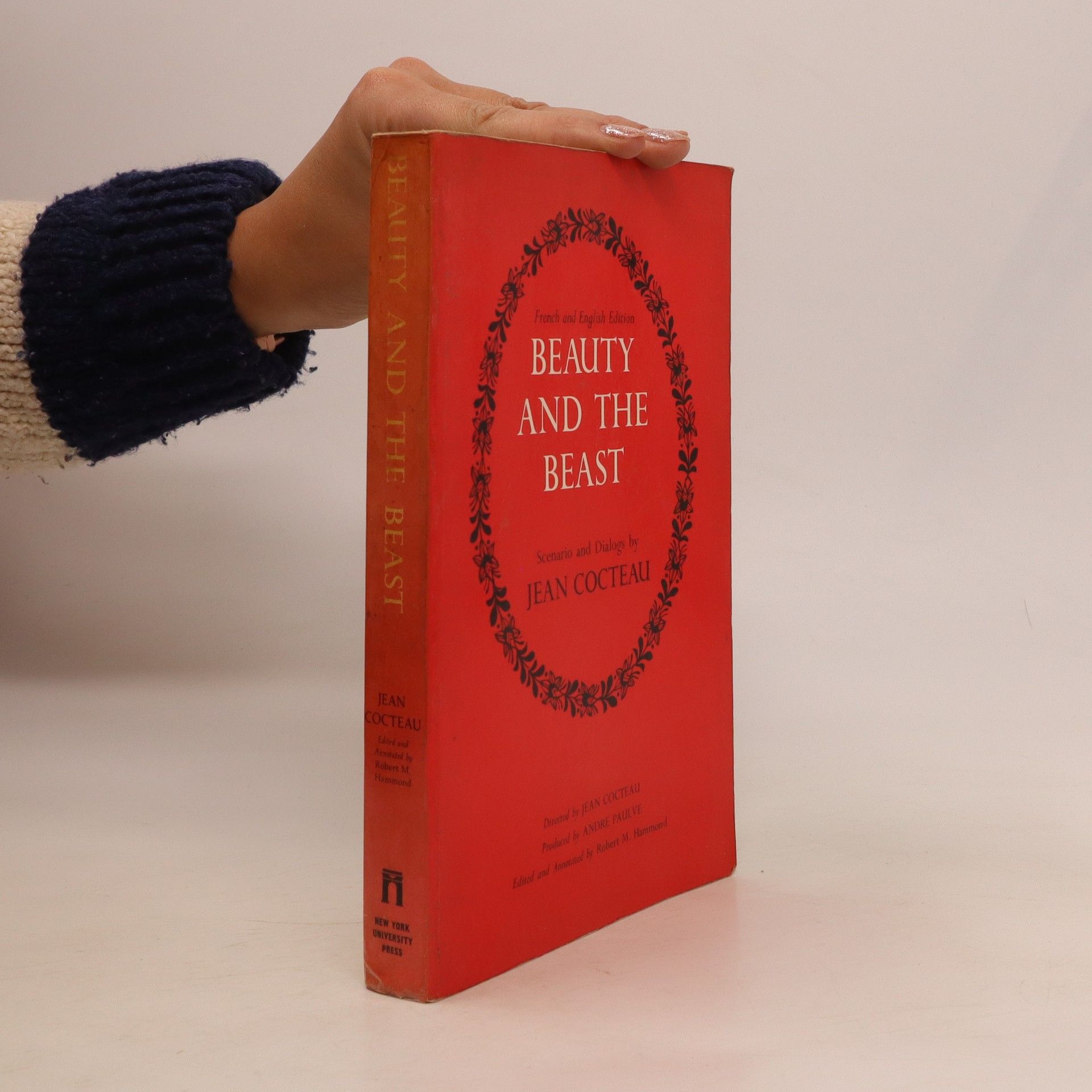
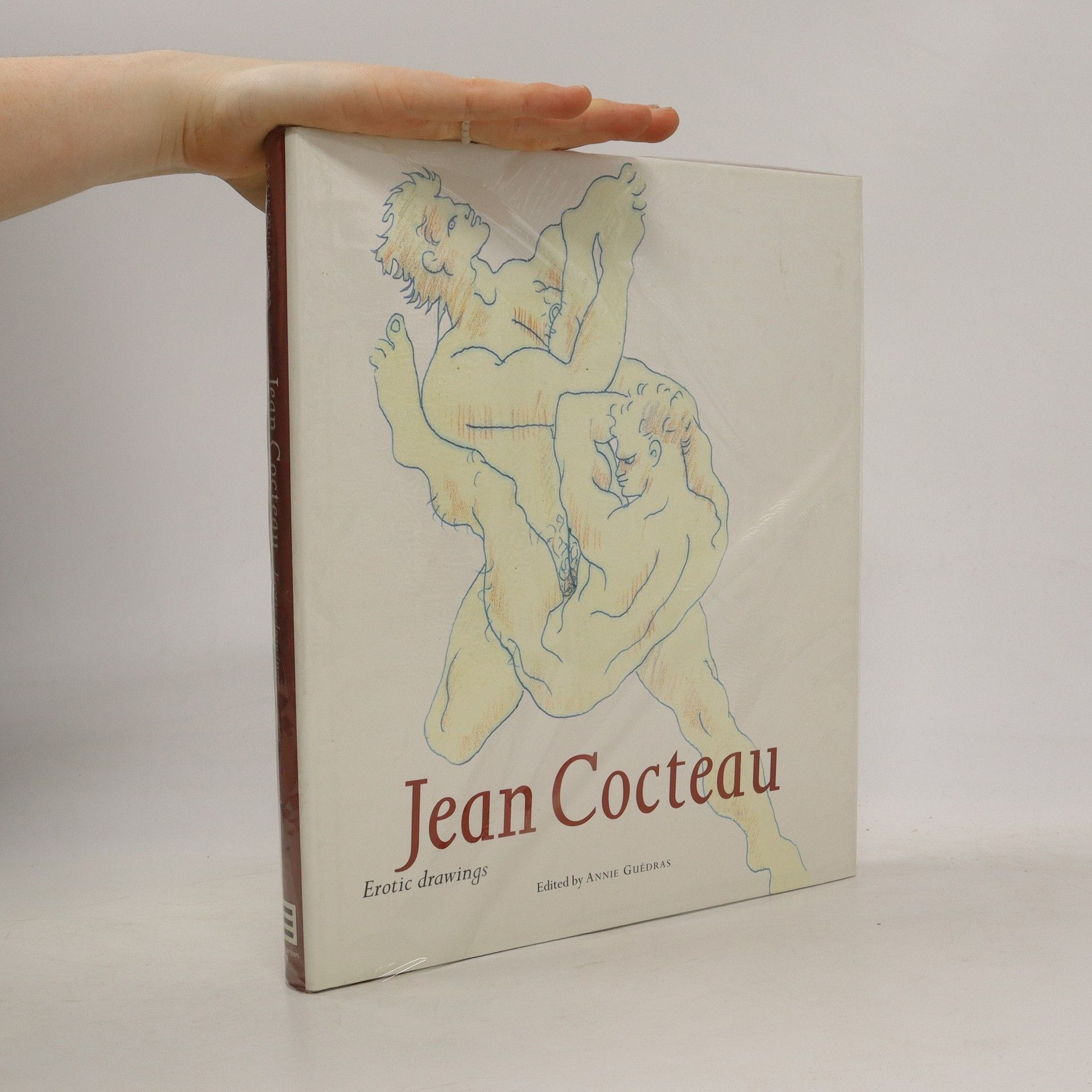

Erotic Drawings
- 144 páginas
- 6 horas de lectura
Although better known for his poetry, films and novels, Jean Cocteau experimented with drawing from childhood, and his caricatures have become iconic of his unique vision of people and life. This collection of erotic drawings covers four decades of work.
Beauty and the beast
- 441 páginas
- 16 horas de lectura
Personalities of actors, technical problems and their surmounting, daily events, much more. 38 photographs.
Illustrations of Leon Bakst's stage sets and costumes for the Ballet Russes accompany synopses of the plays by Cocteau for which they were designed.Reprint of the 1913 edition. Showcases the costumes, set designs, and paintings of Leon Bakst, the designer for the Ballets Russes. Notes on the ballets by Jean Cocteau. 53 pages, with 38 additional leaves of illustrationsTranslated from the French.
Le Livre Blanc
- 76 páginas
- 3 horas de lectura
Le Livre Blanc, a `white paper' on homosexual love, was first published anonymously in France by Cocteau's contemporary Maurice Sachs and was at once decried as by the critics as obscene. The semi-autobiographical narrative describes a youth's love affairs with a succession of boys and men during the 1900s.
Letter to the Americans
- 64 páginas
- 3 horas de lectura
In 1949, Jean Cocteau's reflections on his twenty-day visit to New York reveal a nuanced exploration of French and American cultures. Through his distinctive prose, he highlights the contrasting values each society places on art, liberty, and psychology. Cocteau captures America's hopeful promise while also addressing pressing social issues such as hypocrisy, sexism, and racism that must be confronted for true progress. This essay, never before translated into English, resonates with contemporary relevance, echoing the complexities of cultural identity and aspiration.
"Terrors they are, these lads of the Lyc-e Condorcet, and no mistake - the terrors of the Fifth-where the tenebrous instincts of childhood still predominate-" At home, Paul shares a private world with his sister Elisabeth, a world from which parents are tacitly excluded. Their room is where the Game is played, the Game being their own bizarre version of life. All that they do outside is effectively controlled by the rules of the Game. Elisabeth might be the dutiful daughter tending their sick, prematurely aged mother; Paul might be under the spell of his fellow student Dargelos, and then of a hapless friend of his sister's - but unfortunately what the rules of the Game prescribe is that two children must die-
Drawings; 129 Drawings from "Dessins."
- 129 páginas
- 5 horas de lectura
Portraits, scenes, literary figures, etc., all rendered with grace and wit. 129 drawings.

